Schedule a Call Back
DEP is planning to set up new testing center in India
 Industry News
Industry News- Sep 03,21

Established in 1998 in Troy (Michigan, USA), Detroit Engineered Products (DEP) - an engineering services, product development, software development and talent acquisition company - today is a global company with footprints in Europe, China, Korea, Japan and India. The company uses the accelerated and transformed product development process, accomplished by utilising its proprietary computer-aided engineering (CAE) platform, DEP MeshWorks, which rapidly reduces the development time of products for all segment. DEP’s engineering capabilities - right from concept to production - spanning across products, processes and services are customised to drastically reduce overall product development cycle for our customers, enabling them to cut costs, accelerate time to market, and deliver optimised and balanced products, says Shirin Hameed, Chief Marketing Officer (CMO), Detroit Engineered Products (DEP). In this interview with Rakesh Rao, Shirin Hameed discusses evolution in product development processes and importance of simulation tools to improve quality in the manufacturing industry.
Which end-user industries are driving the demand for your products (globally and in India)?
DEP works with companies on creating innovative solutions to real world problems. We have a long history in the automotive industry, being headquartered in Michigan, we have worked extensively with leading automakers in the US, Europe and India. We have worked on a range of solutions over the years, to help clients address the problem they were solving. DEP works with companies across industries like automotive, aerospace, defense, biomedical, energy, electronics, oil & gas, consumer products, heavy equipment etc. We are strongest in automotive, as we are based in Detroit, and have the home field advantage there, but we are working on projects pan industries nowadays.
Detroit Engineered Products (DEP) has been closely associated with product development for the last 20 years. How has the process of product development changed during these years? Are these changes same across industry verticals or do they differ from industry-to-industry?
One of the key trends in the product development cycle that has evolved is the use of virtual validation as part of the product development cycle. Initially virtual validation was seen only as a design verification activity, but over the years it has advanced and shifted to the forefront of product design. Increasingly, it plays a crucial, upfront role in ensuring safety and precision during the early stages of the product development cycle. This digital verification and validation of the products and product properties during the initial design stage itself ensure that multiple design iterations can be done to arrive at the best possible product, overall development costs are reduced, companies can get to market faster, and a most importantly a better product reaches the market.
Virtual validation is now done across all industries, from obvious ones like automotive, aerospace, construction and biomedical to electronics and consumer goods. As customer expectations are skyrocketing, and companies are all looking to do vigorous and robust levels of testing before releasing any product.
The lifespan of a product has drastically reduced (compared to, say, 2 decades back). At the same time, companies are looking to cut down on product development costs. How can they balance these two?
Whenever a company designs a product, they look at the product lifecycle costing, which is essentially the total cost that the product accumulates over its whole life, from inception to abandonment. The stages of the lifecycle are introduction, growth, maturity, and decline. The introduction stage includes the research, design and development of the product, and is usually the most expensive stage. I do not think 20 years back anyone was looking at this, companies today have more tools at their disposal to evaluate the exact expenditure on each stage than ever before, which helps them make an optimum and informed choice to choose a viable product.
What are the key challenges before automakers today? How is Detroit Engineered Products helping them to overcome these challenges?
The single biggest challenge is how to get to market faster. DEP helps them in the design stage by reducing the design cycle by harnessing the power of CAE. Virtual product testing is undoubtedly cost-effective as the customer is not involved in spending for any expensive physical assets. Unlike expensive physical tests, clients can run multiple CAE iterations electronically because of our unique parametric technology. As a result, clients may digitally test a variety of options before committing for production, ensuring cost efficiency and optimization. Tools like MeshWorks eliminates the need for physical testing and offers optimum solutions and it avoids the client being obliged to return to the design cycle if the intended outcome is not achieved. With the performance calculations provide, analysing prior to production even during prototype stages result in reducing the expenses for a product to go-to-market.
We provide simulation solutions across the board be it FEA Study, Fatigue & Durability, Manufacturing Simulation Support, Computational Fluid Dynamics, NVH Analysis, Crash & Safety Analysis, etc. We have expertise ranging from interiors and seating, engine system, chassis, suspension and steering, and full vehicle to electronics and electrical across all component. Our solutions may be used to develop a FE model for a design, such as tuning the product to get the intended outcome, adjusting the FE model to meet the packing, adjusting the FE models to meet the weight goal, and tuning the FE model to meet the cost goal. Our parameterization and optimization techniques are found to be particularly useful to clients in the automotive industry.
When can we expect DEP’s electric 2-wheeler prototype to hit the market? What are your plans in the EV space (given the traction it is gaining in India - especially in the 2W segment)?
DEP is not into the business of manufacturing and marketing electric scooters under its brand name. DEP has e-scooter product development support and engineering as one of its solutions offerings and it support customers as required for complete product development or as piecemeal engineering services. The e-scooter that we developed was a technology demonstrator to showcase our capabilities.
DEP is a pioneer in the provision of simulation for EV technologies. With our EMod toolkit, we are on the verge of a fully integrated solution. This element can assist EV firms in developing an analyzable and optimal system level model, which includes battery selection, motor selection, and so on. The Meshworks EMod may be used for everything from system analysis to component analysis for EVs. Having a complete services and software portfolio to assist in the EV product development, DEP is the chosen partner for many OEMs and EV startups globally.
How can simulation tools improve quality in the manufacturing industry? Are you seeing a rise in demand for such tools?
Simulation tools can help improve the accuracy and precision of products, and the varied testing options that are available in CAE simulation ensures that the most optimal design, a fine blend of optimum material, dimensions, and performance is achieved, resulting in a higher quality of product. CAE has evolved in the last few years to give the customers varied options, but a challenge still remains that a user may need to shuffle between multiple software.
Using DEP MeshWorks as a single user integrated platform, they can utilize the modelling process to create CAE models far faster than most other technologies on the market. They will also be able to develop and optimize new concepts. Our customers may carry out several processes, such as optimization, concept generation, and design, using a single platform. This aspect of multi-disciplinary tools provides substantial ROI, which can be calculated with the man-hours saved.
How are you serving SMEs in India? How do you see the potential of this sector for your business growth?
SMEs are a key part of the economy, and it is on every business to ensure that the SME community grows and becomes successful. In lieu with the above, we have special affordable price plans for SMEs, to help them grow their business.
Is the demand for Digital Twin technology growing in India? What is driving the market?
Simulation in as a part of the product development cycle is no longer limited only to the design stage, but extends to design, development, prototyping and manufacturing. And now with digital twins, it extends to the entire life cycle of a product. The technology is growing globally across industries depending on the need. The demand for the technology in India is on the rise, and the need for digital twins can be broadly categorized as Operational Optimization, Predictive maintenance, or Anomaly detection.
What is the contribution of India and the rest of the world to your business?
The word as a market is now increasingly flat, even companies that are in other geographies, could very well be performing their design and optimization in India. So, technology available to companies are no longer restricted to geography. We have several large companies for instance a couple of Tier 1 automotive OEMs where we work across geographies to develop their product lines. US, India, Europe and Japan are 4 key markets that contribute to our revenue.
What are your growth plans for Detroit Engineered Products?
DEP will be continuing to invest in new and emerging technologies in simulation like digital twins, machine learning to provide the most expedient version of DEP MeshWorks. In addition, have heavy investments planned in our product development wing globally, as we expand our capabilities. In India, we are looking at developing a new testing center in Chennai to expand our product development capabilities. But like many companies, we are also waiting to ride out the pandemic and come out the other side.
Related Stories
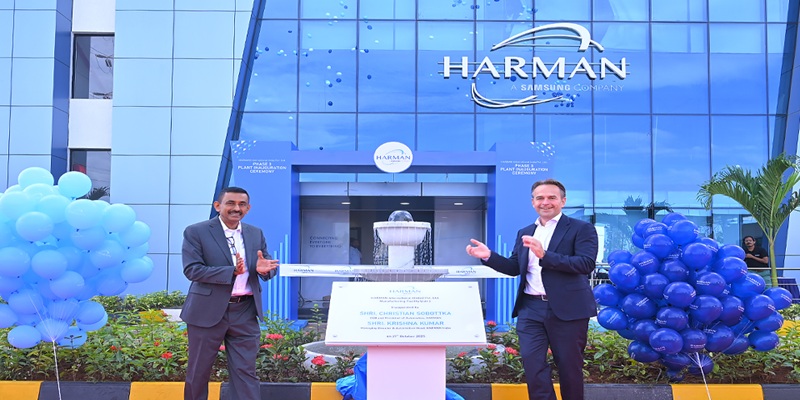
HARMAN invests Rs 3.45 Bn to expand Pune plant for connected sustainable mobility
HARMAN invests Rs 3.45 billion to expand its Pune plant, boosting capacity by 50 per cent, creating 300 jobs, and advancing 5G telematics and sustainable manufacturing for global automotive markets.
Read more
India’s Top 100 Engineering Companies 2025 by Smart Manufacturing & Enterprises
FY25 unfolded against a challenging external setting. Despite the global headwinds, India posted real GDP growth of 6.5 per cent in FY2024–25. In this edition, Smart Manufacturing & Enterprises (S..
Read more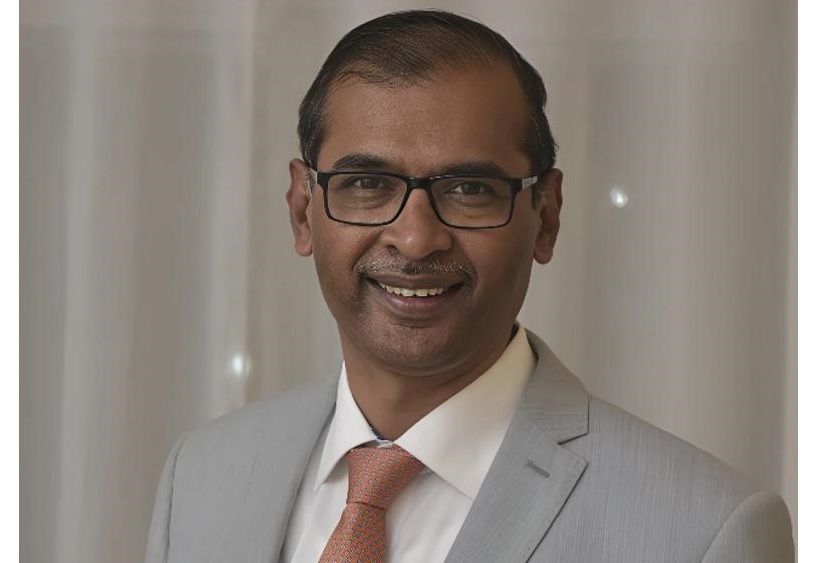
Varroc appoints Avinash Chintawar as Chief Operating Officer
Varroc appoints Avinash Chintawar as COO to enhance operational efficiency and align with long-term strategic goals, focusing on sustainable growth.
Read moreRelated Products
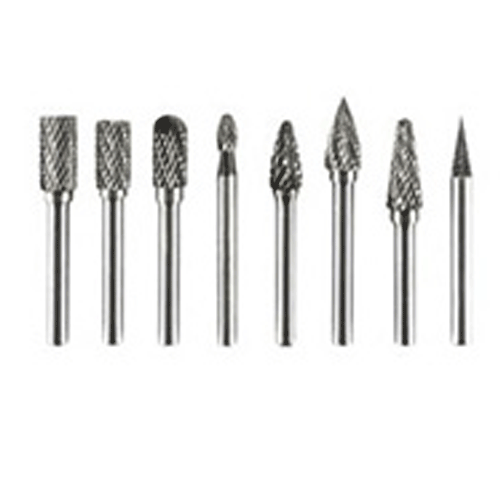
Carbide Burrs
SRT Industrial Tools & Equipments offers a wide range of carbide burrs.
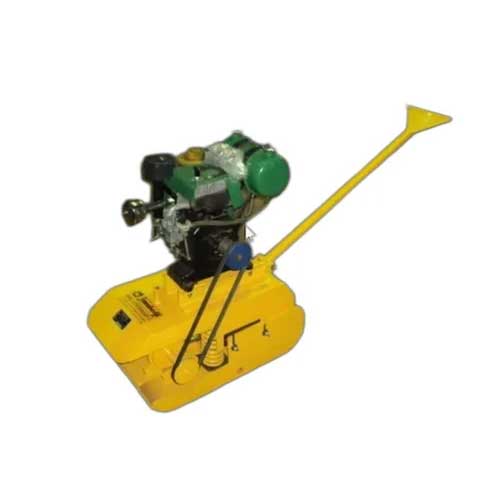
Jamshedji Soil Compactor
Jamshedji Constro Equip Pvt Ltd offers a wide range of jamshedji soil compactor.
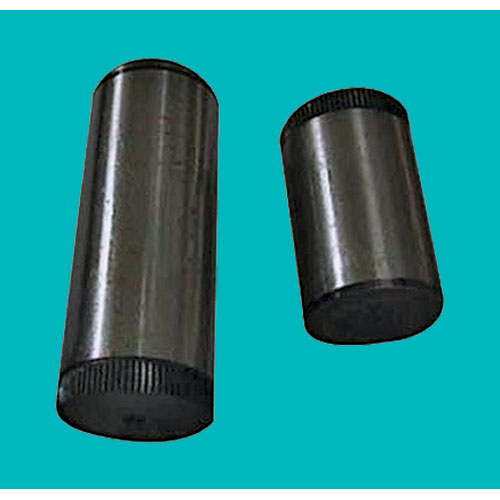
Ground Pins
Hans Machineries Private Limited offers a wide range of pins, hardened & ground. Read more
















